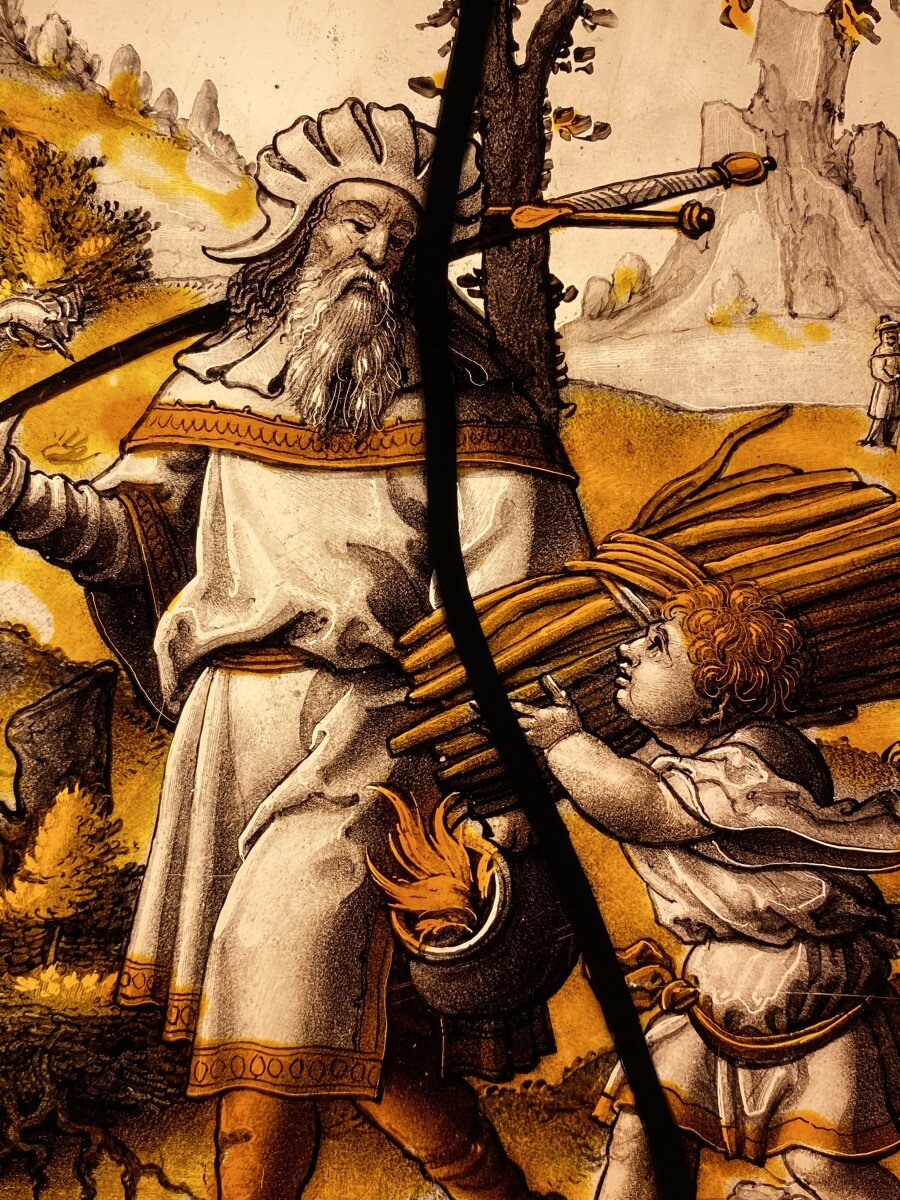Cutting
What is a the meaning of the word 'covenant'? The basic modern understanding refers to 'an agreement between two people' (at least). We often refer to marriage between a man and a woman as a covenant. It's an agreement that the couple makes between each other, in front of several witnesses, that is a mutual, legal proclamation which recognizes their union together as partners. Each has an obligation to the other, in order to stay faithful to the covenant.
In the scriptures, the word 'covenant' has a similar meaning but it goes a bit deeper. It refers to a treaty, an alliance, or a pledge that is made between two people. It comes from the same word which means a sense of "cutting" in the Hebrew.
This is because the primary covenant in biblical times was made by passing between two or several cut pieces of flesh of a sacrificed animal. We see this in Genesis 15 as well as the 'cutting of the flesh' in the covenant of circumcision (Genesis 17). This passing between the pieces of flesh is in realty saying, 'Let this destruction be done to us if we break the terms of this covenant.'
In other words, obedience is mandatory (by both parties) in order to not violate the covenant. Otherwise the covenant is broken and penalties are ensued.
In the Old Testament covenant that God made with His people, obedience to the Torah (the Jewish Law) was required on their part. But in the New Testament, Jesus institutes a new covenant which satisfies the requirements of the Torah. This new covenant was prophesied about throughout the Old Testament (Jeremiah 31:31; Ezekiel 37:26). This new covenant would in fact be a covenant cut, but this time with the very blood of the Son of God Himself. This new covenant didn't invalidate the Torah, it fulfilled it, but with different stipulations.
In the New Testament, the term 'blood of the covenant' (Hebrews 9:20; Mark 14:24; Matthew 26:28) is used several times. It refers to Jesus' blood being spilled once and for all - for all the sins, violations and obligations that were unmet in the original covenant by God's people. In other words, this new covenant would be enacted and fulfilled for both parties (God and God's people), through the Mediator Jesus Christ.
But what does this mean in terms of the obedience required from the people of God? Does this newly instituted covenant made by Jesus omit all of our covenant obligations toward God? Are His followers now not obligated covenantally at all?
In the sermon below (John 15:12-17), we see striking covenantal language used by the Apostle John that cannot be avoided. John not only writes this passage to put more meat and depth into Jesus' final discourse to His disciples before the cross, but in the classic 'Gospel of John' style, he gives us a cryptic-like outline of exactly what the followers of Jesus must do to be obedient to the covenant made by their Mediator.
As we'll see, the passage that states 'Jesus Christ is the same yesterday and today, and forever (Hebrews 13:8)' certainly rings true.
Remember, our passage is part of a larger section which begins in chapter 13 and continues through chapter 16. Reading this all in one sitting before listening (about 10-15 mins) would not only be a real blessing, but it will give you further insight into the gradual progression of Jesus' discussion with His disciples, which leads perfectly to this intense point in the discourse.
Listen to this sermon below

